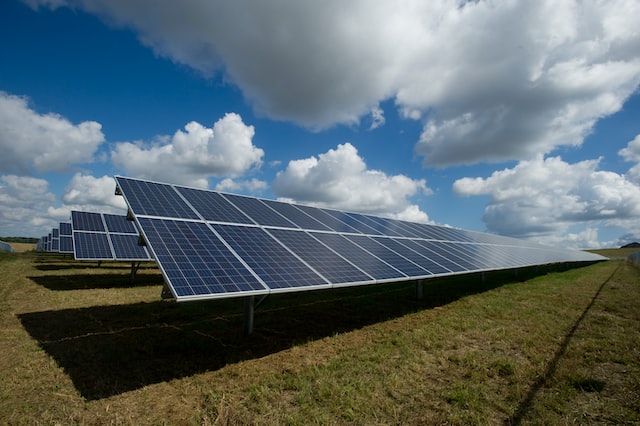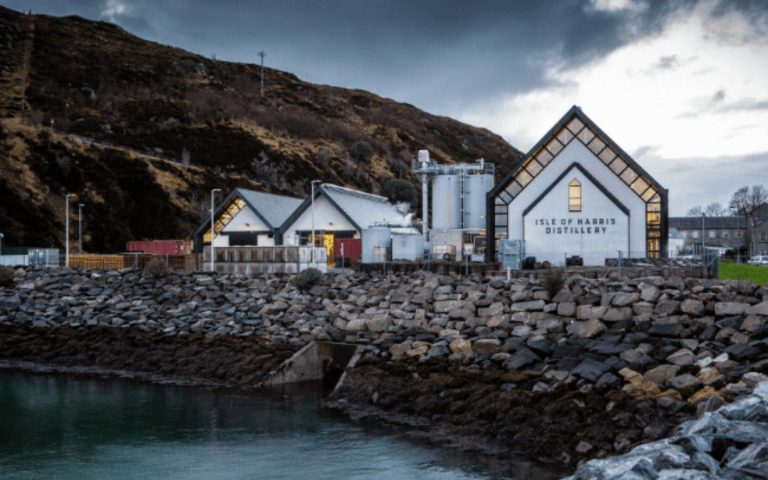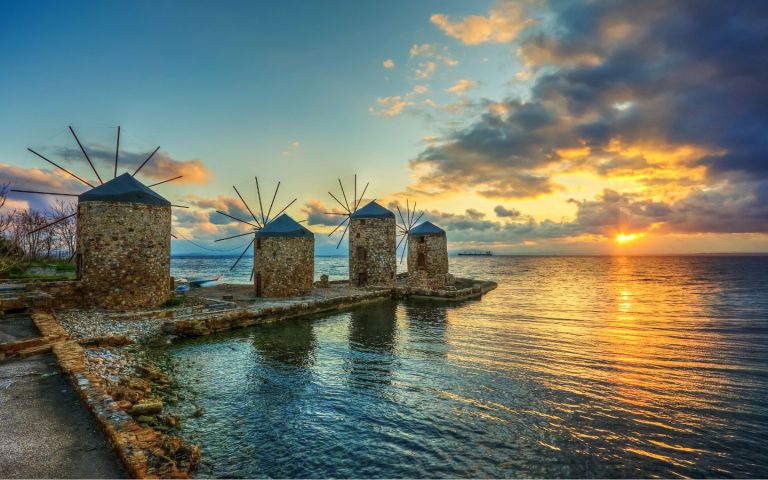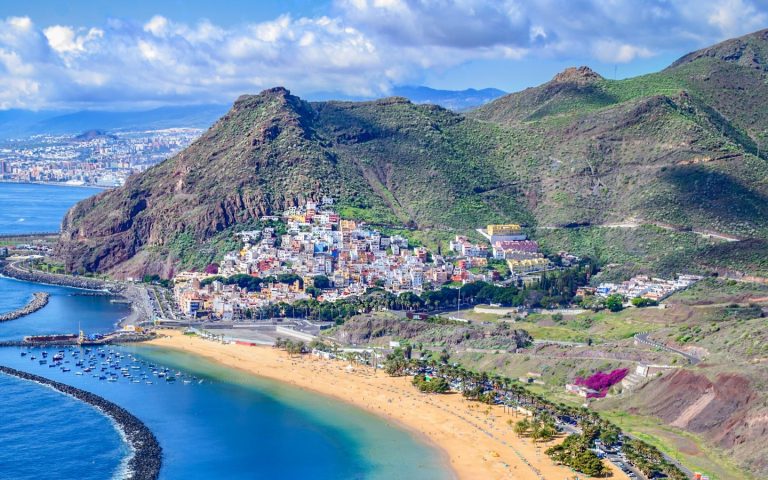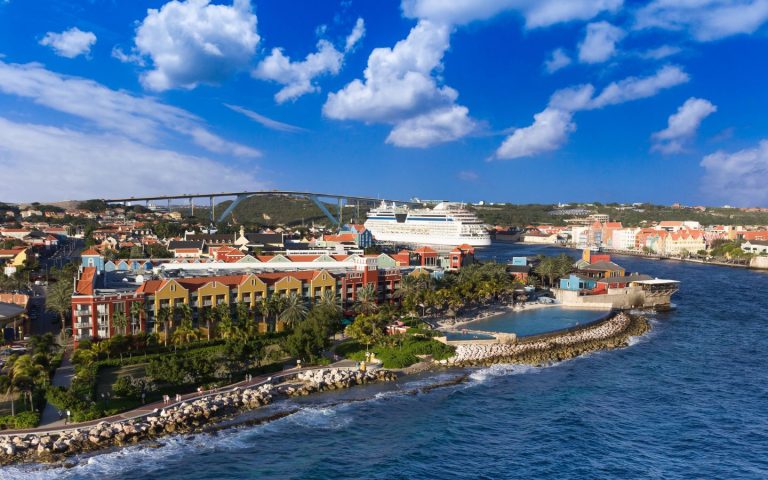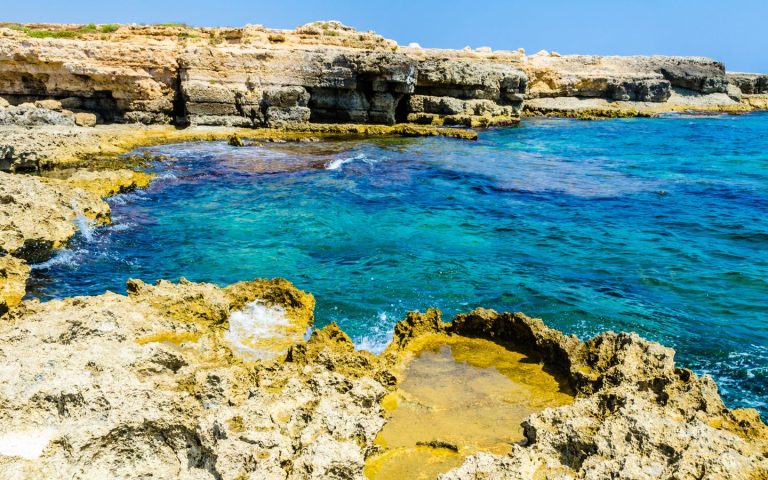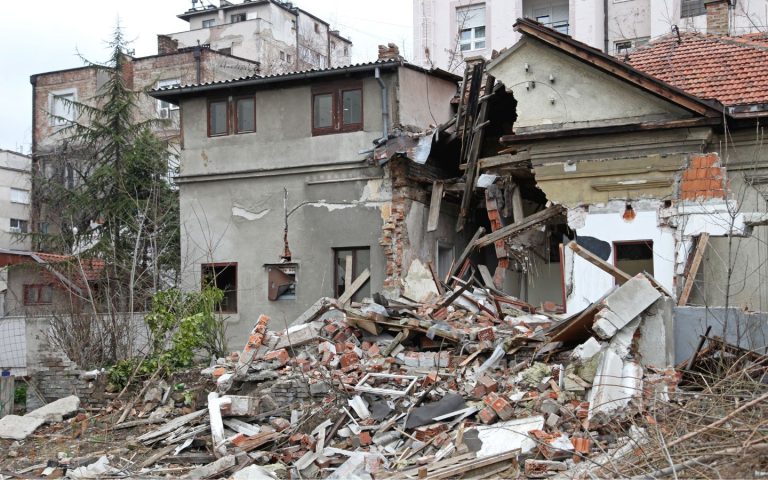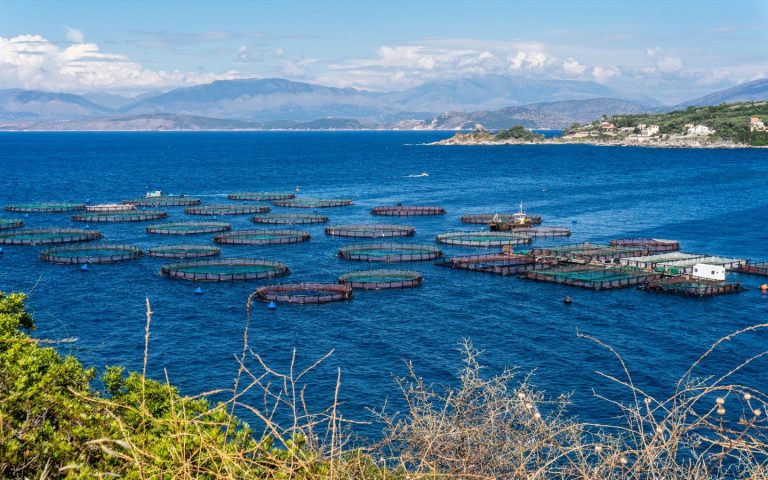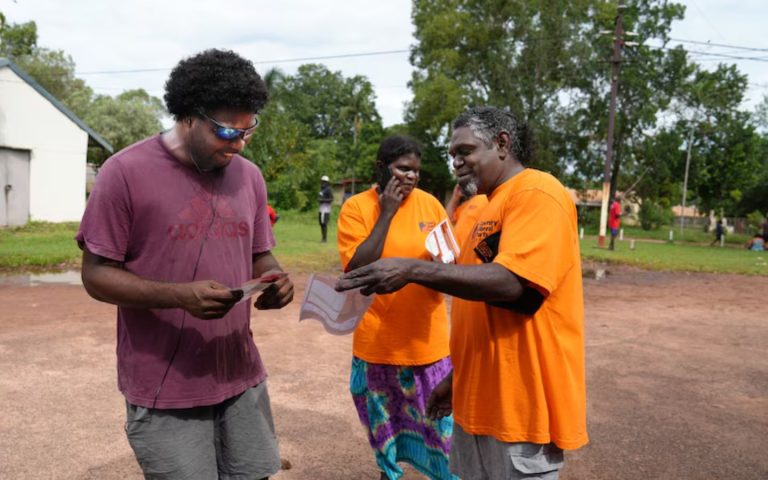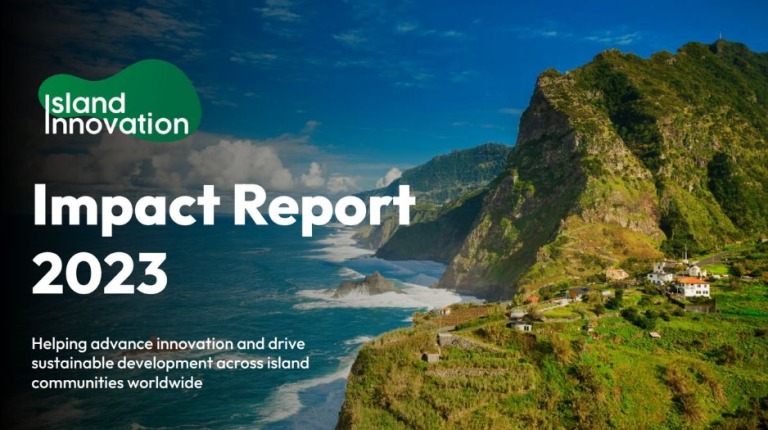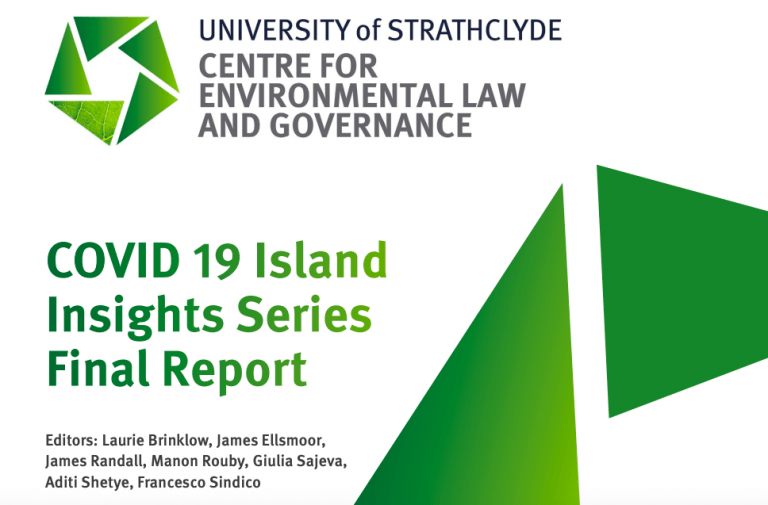Excerpt from blogs.worldbank.org
In 2022, the Maldives was crowned the ‘World’s Leading Destination’, for the third consecutive year, at the World Travel Awards. With a population of around 550,000, the Maldives comprises 185 islands. Famous for its natural beauty, coral and fish life, the archipelago attracts almost 1.7 million tourists every year.
However, the Maldives’ dependence on tourism and fossil fuel imports makes its economy particularly vulnerable to external shocks. Already, in 2020, the country’s real GDP contracted by at least 13 percent, 18.5 percentage points lower than the pre-COVID-19 baseline. High global crude oil prices caused by inflation and the Ukraine war pushed the country’s import bill to around $500 million in 2022, 80 percent of which is due to diesel imports. This is equivalent to nearly one-fifth of all imports and 10 percent of GDP. This high fuel bill has put extra pressure on the country’s already strained fiscal space. Moving from a fossil-based to a renewable-based energy model is the best way to make electricity cheaper for everyone, reduce the fiscal risks, and protect this pristine island paradise.
Projected to lose 80 percent of its land over the next few decades, the Maldives strengthened its commitment towards climate change and renewable energy targets when President Ibrahim Mohamed Solih announced the country’s ambition to become net-zero by 2030 at the UN Climate Ambition Summit in December 2020. Towards this, through two World Bank-funded sustainable energy projects—Accelerating Sustainable Private Investment in Renewable Energy (ASPIRE), and Accelerating Renewable Energy Integration and Sustainable Energy (ARISE)—the Maldives will install more than 50 megawatts (MW) of solar capacity and 40 megawatt hours (MWH) of battery storage, delivering diesel consumption savings amounting to approximately 30 million liters per annum. This will reduce the Maldives’ import bill by approximately US$ 30 million annually, with a total project lifetime saving of US$ 750 million over 25 years. These projects are expected to significantly reduce the government’s fuel subsidy expenditure, thereby decreasing the nation’s reliance on fossil fuels and the fiscal burden this creates. For the ARISE project alone, the US$ 12.4 million provided by the World Bank, which is a relatively small amount, has leveraged over US$ 140 million in financing, including guarantees from the Multilateral Investment Guarantee Agency (MIGA) and co-financing from Climate Investment Fund (CIF), the Asian Infrastructure Investment Bank (AIIB), Energy Sector Management Assistance Program (ESMAP), Sustainable Risk Mitigation Initiative (SRMI) and the private sector.

